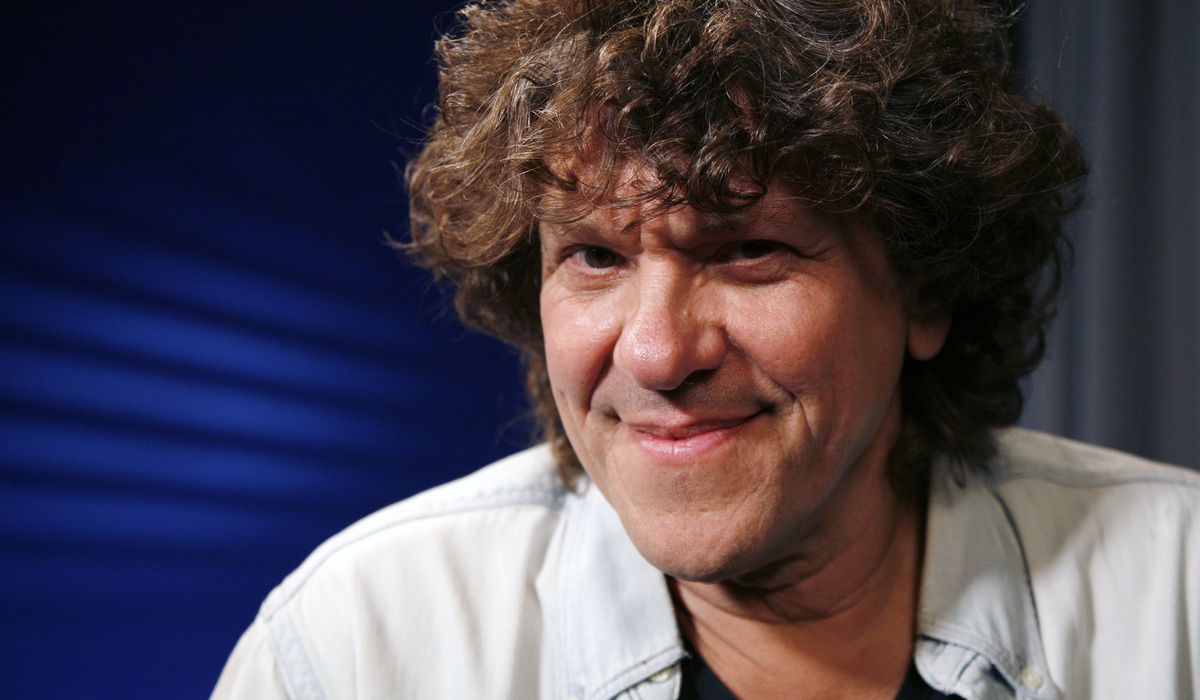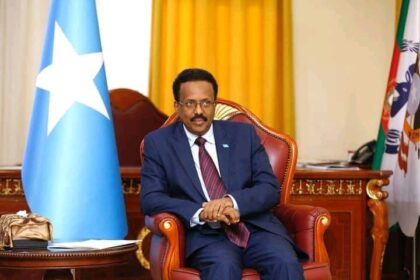
NEW YORK — Michael Lang, a co-creator and promoter of the 1969 Woodstock music festival that served as a touchstone for generations of music fans, has died.
Michael Pagnotta, a spokesperson for Lang’s family, said Sunday the 77-year-old had been battling non-Hodgkin lymphoma and passed away Saturday at New York’s Memorial Sloan Kettering Cancer Center.
“He was absolutely a historic figure, and also a great guy,” Pagnotta, who said he had known Lang for about 30 years, told The Associated Press. “Both of those things go hand in hand.”
Along with partners Artie Kornfeld, John Roberts and Joel Rosenman, Lang put together the festival billed as “three days of peace and music” in the summer of 1969 as the Vietnam War raged and led increasing numbers of disaffected young Americans to turn away from traditional mores and embraced a lifestyle that celebrated freedom of expression.
Roughly 400,000 people descended on the hamlet of Bethel, about 50 miles (80 kilometers) northwest of New York City and endured miles-long traffic jams, torrential rains, food shortages and overwhelmed sanitary facilities. More than 30 acts performed on the concert’s main stage at the base of a hill on land owned by farmer Max Yasgur, and concertgoers were treated to iconic performances from artists including Jimi Hendrix, Carlos Santana, The Who and Jefferson Airplane.
Lang, sporting a head of bushy brown hair, is seen throughout Michael Wadleigh’s 1970 documentary movie that chronicled the festival.
“From the beginning, I believed that if we did our job right and from the heart, prepared the ground and set the right tone, people would reveal their higher selves and create something amazing,” Lang wrote in his memoir, “The Road to Woodstock.”
Lang and others sought to mount a concert in 2019 commemorating the 50th anniversary of the original Woodstock, but the endeavor ultimately was scrapped due to financial issues and difficulty securing a venue. In an interview with the AP at the time, Lang called the experience “a really bizarre trip,” and said he still hoped to hold the concert in the future.
Although Woodstock often is viewed as creating the template for large-scale music festivals, it wasn’t the first to take place in the U.S. Two years earlier, the Monterey Pop festival drew about 200,000 people to California, and in 1968 the Miami Pop Festival followed, which Lang also organized. But Woodstock nonetheless holds an indelible place in history.
“A lot of them are modeled after Woodstock – Bonnaroo and Coachella, in particular,” Lang said of other festivals in a 2009 interview. “There was a ritual that was created that keeps getting replicated.”








